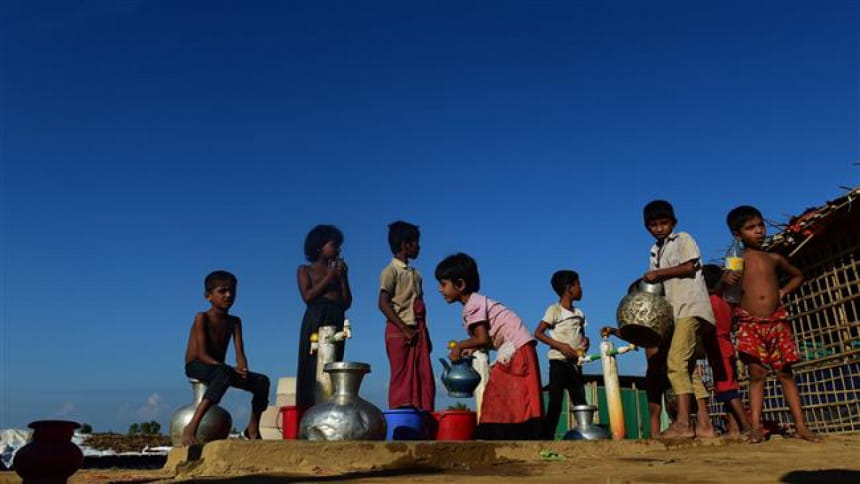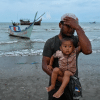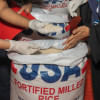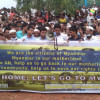Walking the talk on international protection

The UNHCR statement that Rohingya refugees are in critical need of international protection warrants guarded optimism. We have said repeatedly in this column that any viable solution to this problem would require genuine and long-term international commitment. To say otherwise would be to play into the rhetoric of the Myanmar establishment that wants a bilateral solution without the encumbrance of binding obligations. The UN Refugee Agency is of the same view but progress made so far with respect to the crisis is frustrating both for the Rohingyas and the host country. It's understandable that a crisis as complicated and evolving as this one would take time before a workable solution is reached. No one is asking for a quick fix overlooking the underlying issues but some progress, especially after repeated calls by international agencies and various heads of states and a global consensus on the necessity of safe repatriation, is overdue.
The Rohingyas will require sustained international assistance both for the duration of their stay in Bangladesh and when they eventually return to their homeland. They will require their citizenship rights guaranteed and their homes protected by the international agencies. We agree with the UNHCR head that to successfully manage forced displacement globally, "a new and far more comprehensive approach" is required so that countries and communities aren't left alone in dealing with this. We just want the international community to expedite that process to prevent the already critical Rohingya situation from dragging on further, to the detriment of Bangladesh and the Rohingyas. The time to walk the talk is now.

 For all latest news, follow The Daily Star's Google News channel.
For all latest news, follow The Daily Star's Google News channel. 








Comments